An essential guide to recycling
Can all plastic be recycled?
Recycling has become something of a minefield in recent years and what you can recycle in one part of the country won’t be collected in others.
Campaigners have long been calling for a unified recycling system across the UK, claiming our current ‘postcode lottery on recycling’ – where local authorities differ on the types of waste they collect – is ineffectual and confusing for consumers.
A BBC analysis revealed 39 different sets of rules for what can be put in plastic recycling collections. Whilst there are new plans on how plastic will be recycled in England being put forward by the government, in the rest of the UK the strategy for recycling is a devolved issue.
It’s not just the collection system that’s baffling, but the logos – hands up if you actually know what they mean? For those of you who are feeling confused, here’s our handy guide to the plastic identification symbols and what they mean.
There are a staggering 49 types of plastics and hundreds of different varieties within these. To categorise them, the industry has a standard marking code to help you. Each plastic item has a small triangle, numbered 1-7, on the bottom. But not all of them can be recycled. Far from it!
A SIMPLE GUIDE TO RECYCLING SYMBOLS:
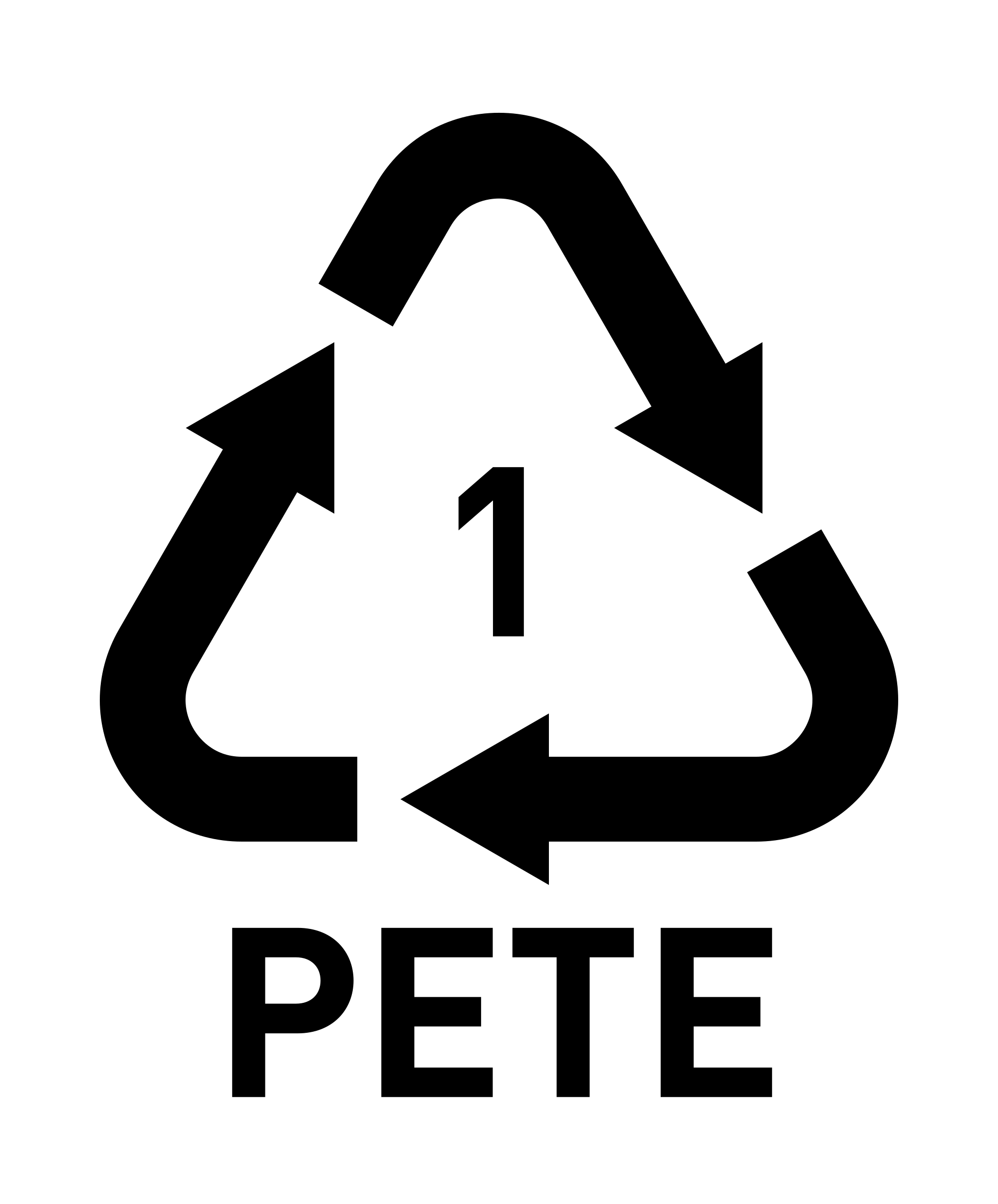
PET/petE (POLYETHYLENE TEREPHTHALATE)
PET is the clear plastic most often used to make single-use bottles, plastic pint glasses, salad and deli boxes.
Accepted in all kerbside collections.
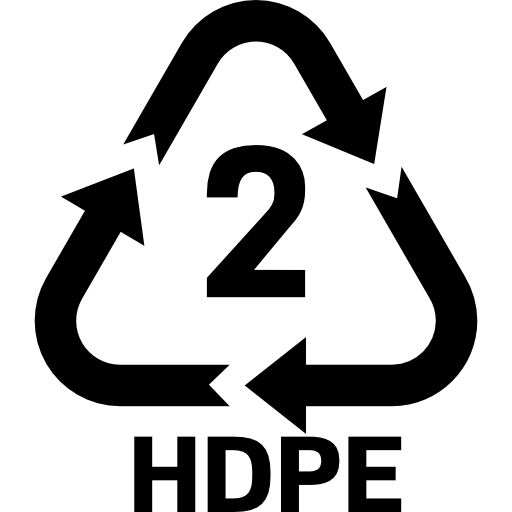
HDPE (HIGH-DENSITY POLYETHYLENE)
This is the plastic typically used for milk, shampoo and cleaning product bottles.
Accepted in all kerbside collections.
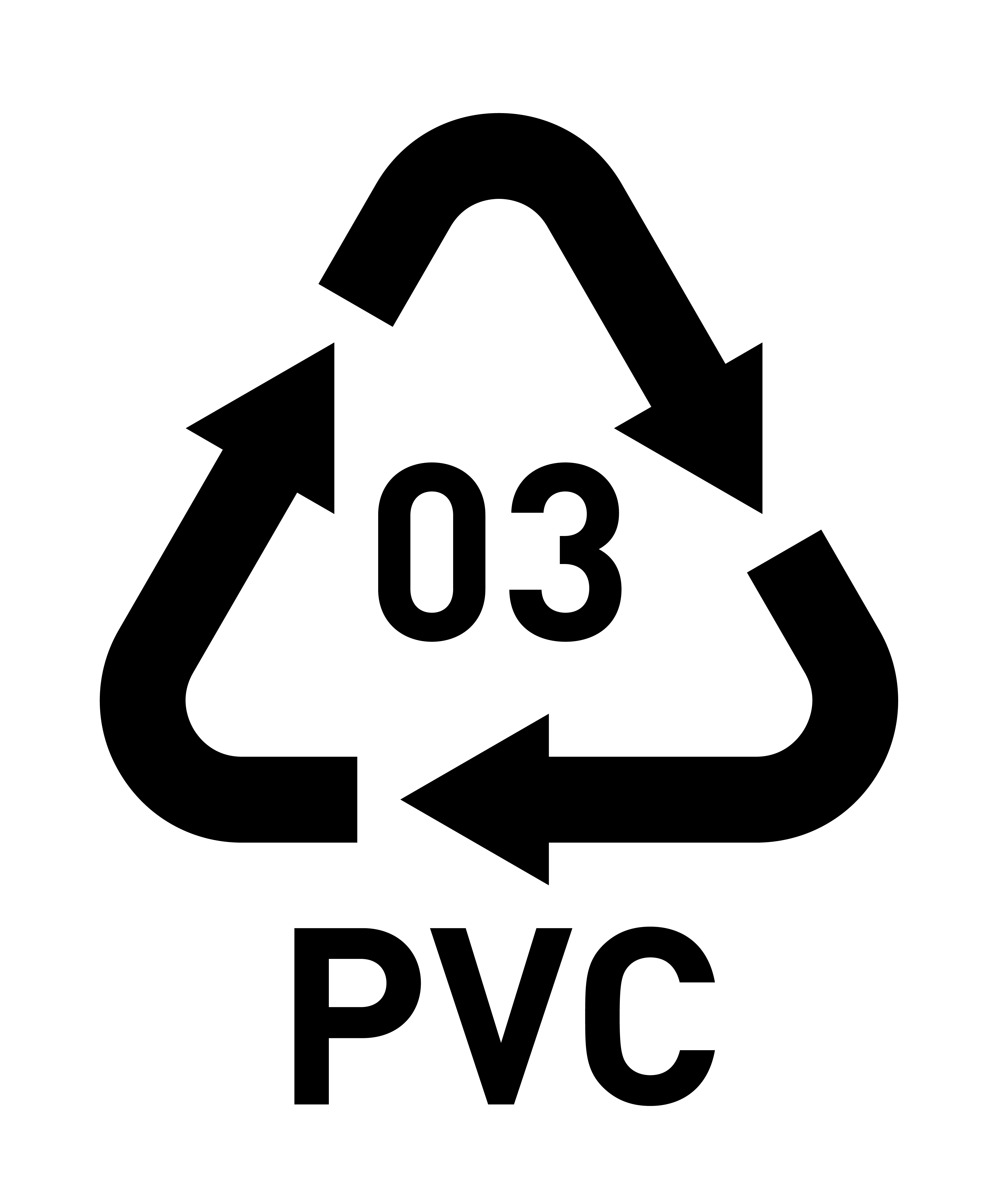
PVC (POLYVINYL CHLORIDE)
PVC is used for toys, window frames and doors, PVC foam and clothes.
PVC windows and frames can usually be recycled at a Household Waste and Recycling Centre. Ideally toys should be reused although cheap plastic toys aren’t always very resalable.
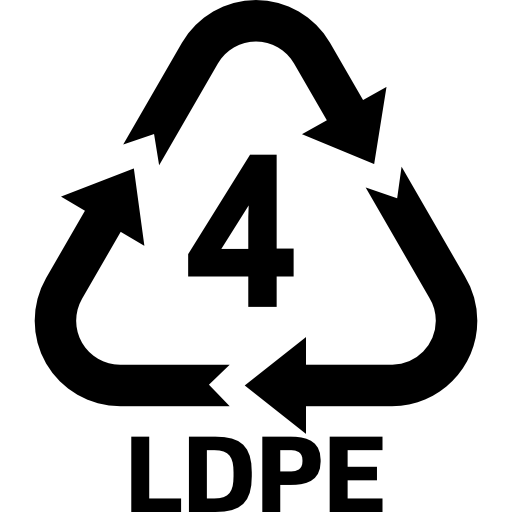
LDPE (LOW-DENSITY POLYETHYLENE)
This is used for plastic bags, bread bags and ring pulls.
Specialist plastic bag recycling facilities at supermarkets usually accept plastic bags and bread bags. Bread bags can also be recycled through TerraCycle’s takeback scheme.
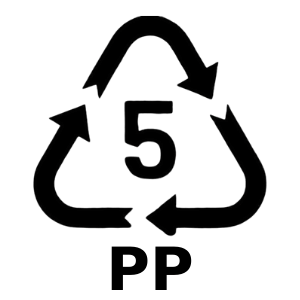
PP (POLYPROPYLENE)
Margarine tubs, microwaveable meal trays, reusable plastic glasses and coffee cups.
Some kerbside collections accept these, check your local council to confirm.
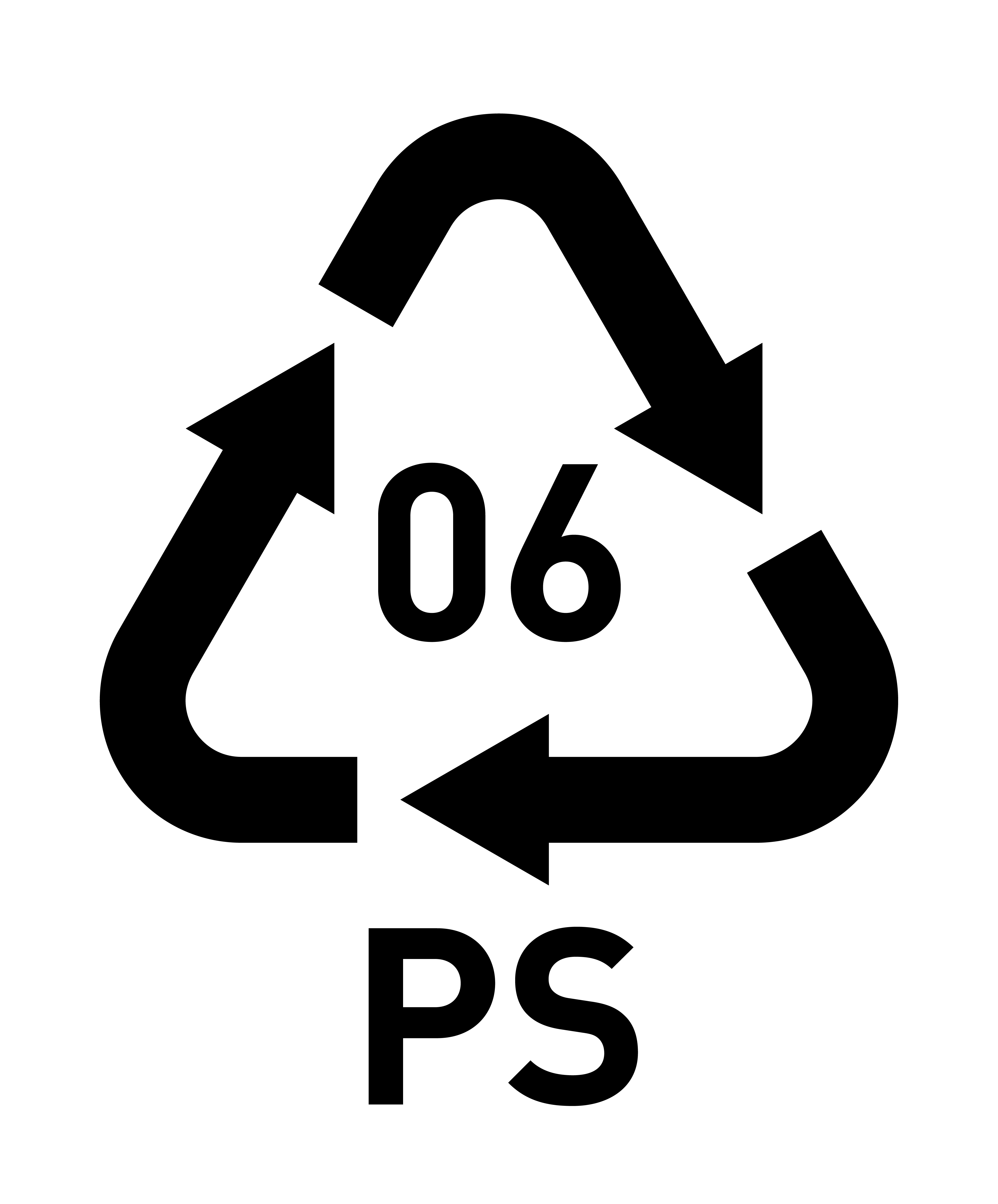
PS (POLYSTYRENE)
Expanded polystyrene is used for hot cups, burger boxes and packaging materials. Solid polystyrene is used for hard plastic glasses, test tubes, Petri dishes, stirrers, cutlery and yoghurt pots.
Polystyrene is not accepted in household or kerbside recycling and should go in the general waste.
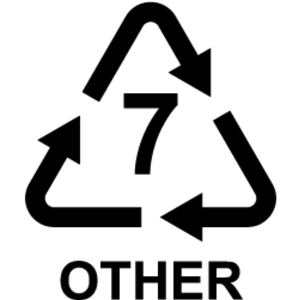
OTHER
This includes: nylon, fiberglass, acrylic, polystyrene, polycarbonate, bioplastics
These other types of plastic are usually not recyclable, and may require specialist disposal. Check with your local council what to do with number 7 plastics in your area.
OTHER types of plastics
The remaining 43 plastic types include hard plastic glasses, plastic wrappers, bio-plastics and compostable plastics. None of these have any recycling potential. Yep that’s right. Zip, zilch, zero potential. See our compostable bioplastic guide on how to manage these.
TerraCycle provides specialist recycling schemes for some of those hard to recycle plastics including crisp and snack wrappers, contact lenses, makeup and dog food packets.
Remember, recycling plastic is the only the next best option – much better to reduce your single-use plastic consumption and look for reusable alternatives.

